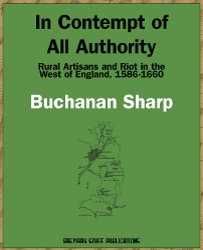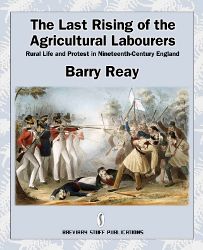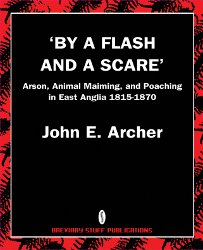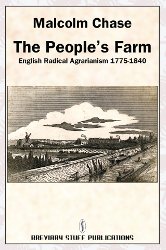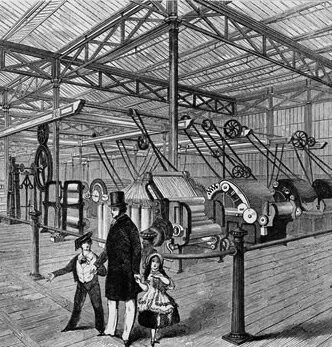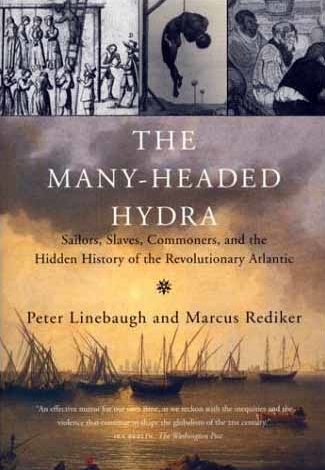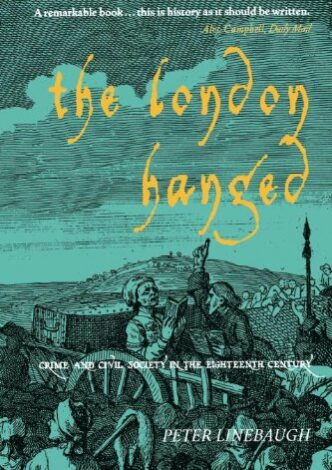In Contempt of All Authority
Rural Artisans and Riot in the West of England, 1586-1660
By Buchanan Sharp
Two of the most common types of popular disorders in late Tudor and early Stuart England were the food riots and the anti-enclosure riots in royal forests. Of particular interest are the forest riots known collectively as the Western Rising of 1626-1632, and the lesser known disorders in the Western forests which took place during the English Civil War. The central aims of this volume are to establish the social status of the people who engaged in those riots and to determine the social and […]


